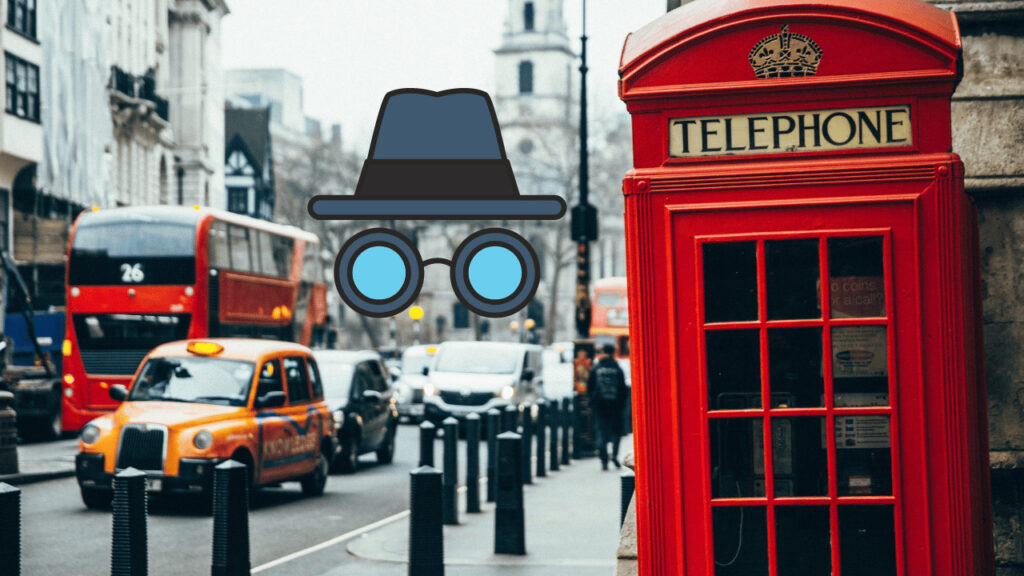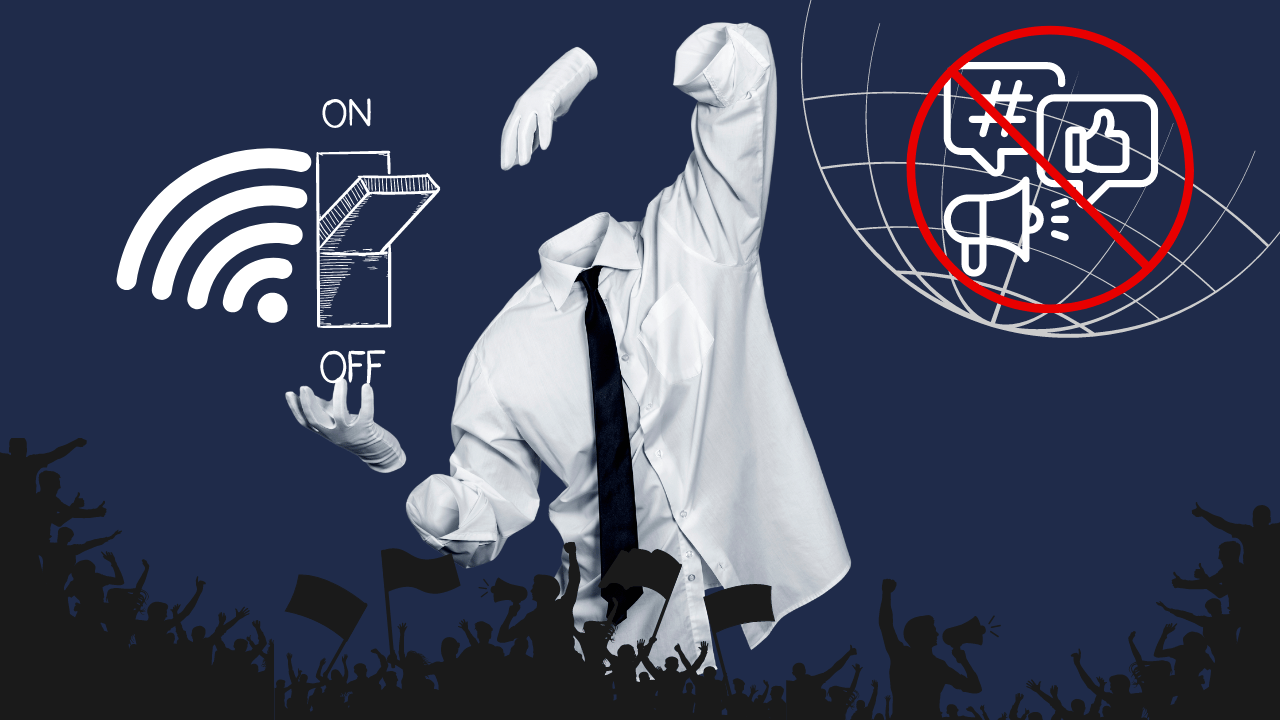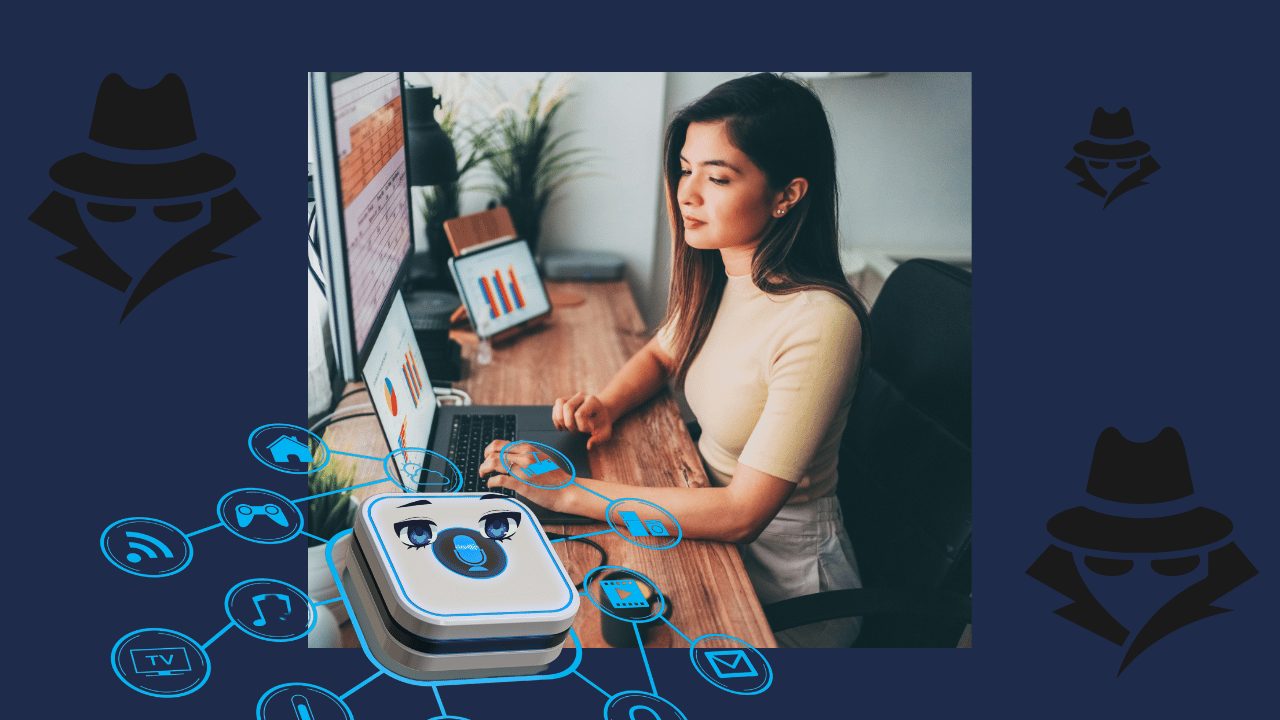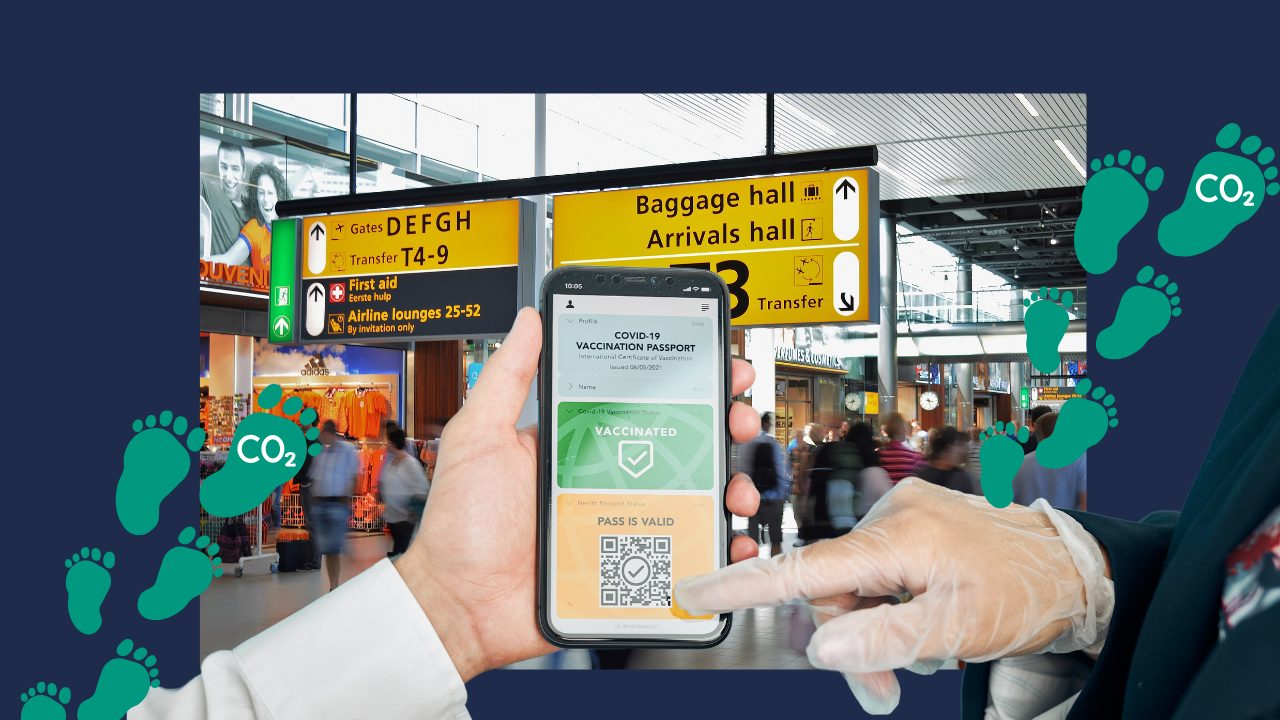Since 2011, the British government has conducted investigations into the practices of Mirror Group Newspapers, leading to two high-profile phone hacking trials.
The plaintiffs [those who believe their phones were hacked] allege that journalists from the Daily Mirror, Sunday Mirror, and People Magazine obtained private and confidential information about their lives using a variety of illegal means.
The allegations involve stories that in some cases date back more than 20 years.
The first trial, which took place between 2013 and 2015, concerned allegations that the newspapers had hacked the phones of several prominent individuals, including former British Prime Minister Gordon Brown, actor Jude Law, and footballer Paul Gascoigne.
The trial found that the Mirror had engaged in phone hacking and other illegal activities. Mirror Group Newspapers settled hundreds of lawsuits—in one 2015 case, it paid eight victims £1.25 million in damages. MGN has set aside £28 million to deal with the hacking allegations.
However, the company insists that the blame cannot be placed on the executives, as the journalists had deliberately concealed the illegal activities.
This year, a seven-week trial is taking place at the High Court concerning allegations by Prince Harry and others that their phones were hacked by journalists from Mirror Group Newspapers (MGN).
The Duke of Sussex will testify personally in June, becoming the first high-ranking member of the royal family in modern times to appear in court and be cross-examined.
The trial began with the prosecution presenting evidence of the involvement of the former Mirror editor, Piers Morgan, in phone hacking. Morgan had previously been an editor of the News of the World, another British newspaper implicated in the phone hacking scandal. The prosecution argued that Morgan encouraged phone hacking at the Mirror and even published stories based on information obtained through phone hacking.
They believe the journalists exploited a (now-closed) security loophole in mobile phones that allowed them to access their targets’ voicemails. By eavesdropping on messages from friends and family, they could learn about the lives of the people they wanted to report on.
The journalists also allegedly used private investigators to get others to reveal confidential information about the targets—from financial details to medical information.
Prince Harry, for instance, claims that there is evidence reporters and photographers used a variety of techniques to track the movements of his former girlfriend Chelsy Davy.
The plaintiffs argue there was no justified public interest in their pursuit—it was merely “misconduct for cynical commercial reasons.”
The defense, on the other hand, argued that Morgan was not involved in phone hacking at the Mirror and that all contrary evidence had been taken out of context. They also argued that phone hacking at the Mirror was the work of a few rogue reporters and not part of a broader culture of illegal activities at the newspaper.
The trial against the Mirror newspaper and the British government was a milestone in the UK’s efforts to address the issue of phone hacking and other illegal activities in the press. It served as a reminder that powerful media companies are not above the law and that the privacy and rights of individuals must be respected regardless of their public profile.












